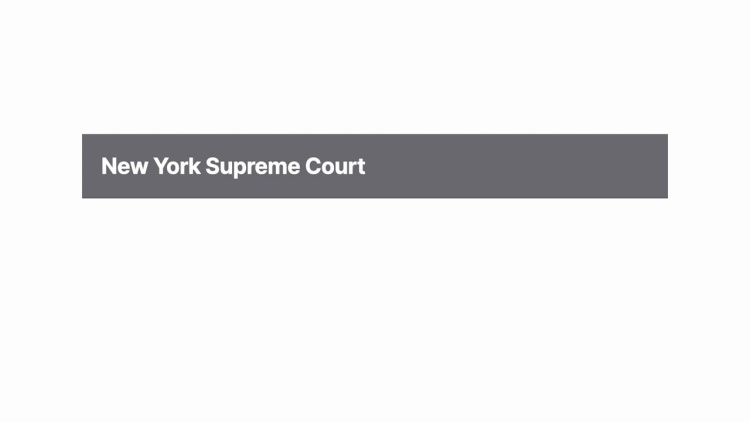Gottfried v. Gottfried
New York Supreme Court
73 N.Y.S.2d 692 (1947)
- Written by Mary Pfotenhauer, JD
Facts
Gottfried Baking Corporation (Gottfried) is a closely held family corporation. Hanscom Baking Corporation (Hanscom) is a wholly owned subsidiary of Gottfried. Gottfried’s stock is divided into shares of Class A stock and common stock. The Class A stock is entitled to dividends before any dividends are paid on the common stock. Gottfried and Hanscom also have outstanding preferred stock. From 1931 to 1945 no dividends were paid on the common stock. During the same period, dividends were regularly paid on the outstanding preferred stock, and occasionally on the Class A stock. In 1945 Gottfried paid $31,532 in dividends on the common stock. In total, the dividends paid in 1945 represented nearly 45 percent of the previous year’s earnings. Later in 1945, the outstanding preferred stocks of Gottfried and Hanscom were retired for $165,000, which is nearly the amount of the company’s net earnings in 1944. All of the stockholders benefited from the retirement in the same proportion as their holdings of Class A and common stock, and after the retirement their interests in Gottfried were proportionately the same as before these distributions. Gottfried’s minority shareholders (plaintiffs) brought suit against Gottfried, its directors, and Hanscom (defendants) to compel dividends to be paid on the common stock in a fair and adequate amount. The minority shareholders claim that the board of directors’ policy as to the declaration of dividends is not motivated by concern for the best welfare of the corporation or its stockholders. Two of the minority shareholders, Charles and Harold Gottfried, supported the retirement of the preferred stock at the 1944 stockholders’ meeting. Charles and Harold Gottfried have been discontinued from the corporate payrolls, while several of the individual defendants have received substantial loans or advances. At trial, Charles Gottfried testified that one of the defendants, Benjamin Gottfried, told him that the minority stockholders would not receive any dividends because the majority would “freeze them out.” Benjamin denied making these statements, and there is no evidence that the other defendants made such statements.
Rule of Law
Issue
Holding and Reasoning (Corcoran, J.)
What to do next…
Here's why 907,000 law students have relied on our case briefs:
- Written by law professors and practitioners, not other law students. 47,100 briefs, keyed to 996 casebooks. Top-notch customer support.
- The right amount of information, includes the facts, issues, rule of law, holding and reasoning, and any concurrences and dissents.
- Access in your classes, works on your mobile and tablet. Massive library of related video lessons and high quality multiple-choice questions.
- Easy to use, uniform format for every case brief. Written in plain English, not in legalese. Our briefs summarize and simplify; they don’t just repeat the court’s language.





